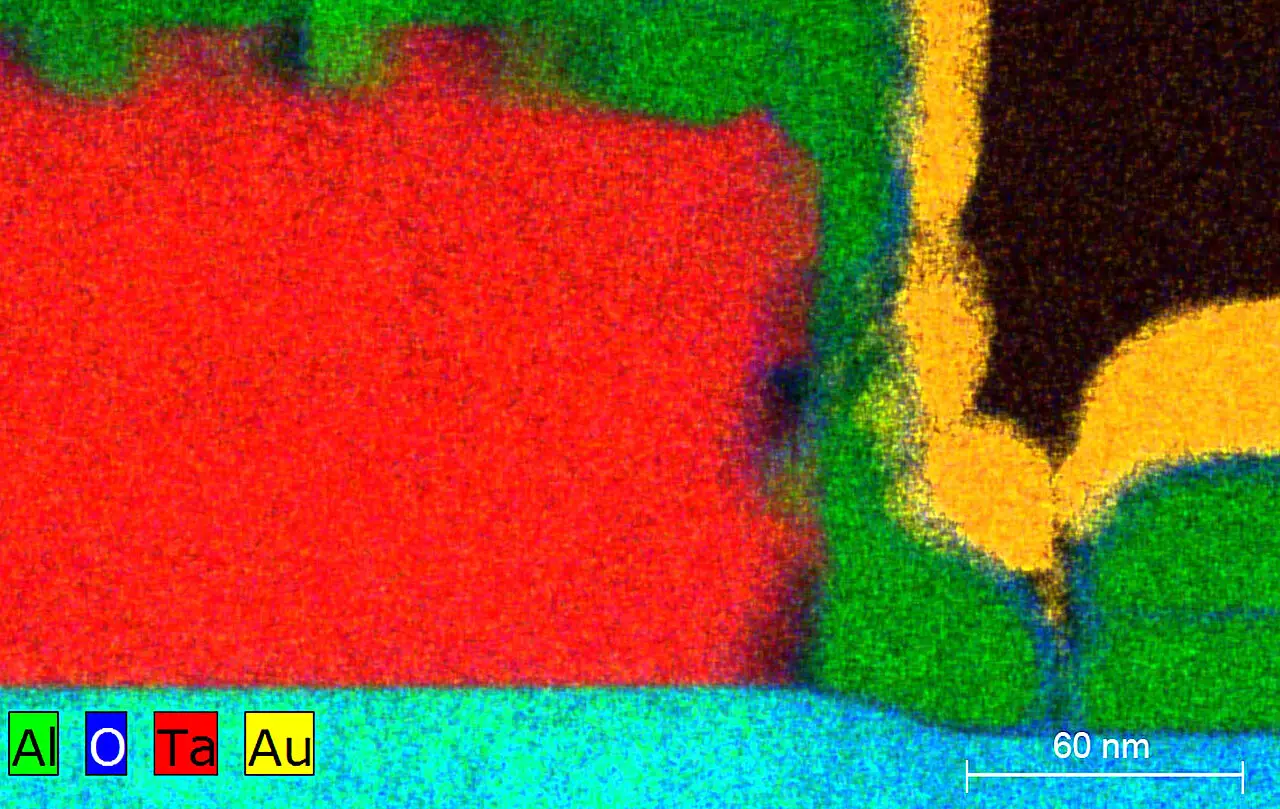In a groundbreaking study conducted by scientists from Yale University and the U.S. Department of Energy’s Brookhaven National Laboratory, a systematic approach was developed to address a common challenge in the field of quantum computing: energy loss in qubits. The inability of qubits to retain quantum information, known as coherence, inhibits the performance of quantum computers. By identifying the sources of energy loss and making necessary adjustments to the materials, researchers can potentially revolutionize the field of quantum computing and its applications in various scientific fields.
A Novel Approach to Studying Energy Loss
The research team, led by Suhas Ganjam, a former doctoral student at Yale and a research scientist at Google, focused on designing a compact device capable of storing quantum information for an extended period. By analyzing the materials that make up the qubits, particularly by investigating the various kinds of tantalum oxides that form on tantalum’s surface, the researchers were able to gain deeper insights into the impact of constituent materials on qubit performance.
One of the key findings of the study was the significance of material composition in determining energy loss in qubits. By comparing the performance of qubits with tantalum thin films to those with aluminum thin films, the researchers were able to observe reduced surface loss with tantalum and decreased bulk dielectric loss through a fabrication technique called annealing. This highlights the critical role of materials and fabrication techniques in minimizing energy loss and enhancing qubit coherence.
The collaboration with the Center for Functional Nanomaterials (CFN) at Brookhaven Lab provided the researchers with invaluable microscopic insights into the materials’ structure and composition. Using advanced electron microscopy techniques, scientists at CFN could identify coherence-limiting characteristics such as contaminants or defects in the materials. This partnership facilitated a deeper understanding of the materials and enabled the researchers to make meaningful improvements through an iterative process.
Utilizing Predictive Models for Coherence Optimization
Armed with a comprehensive understanding of the electromagnetic properties of the devices and the material composition, the research team developed an energy loss model that could predict a device’s coherence based on its constituent materials and circuit geometry. By optimizing the circuit geometry using this predictive model, the researchers successfully built a quantum device with a coherence time exceeding one millisecond, marking a significant milestone in the quest for enhanced qubit coherence.
The Future of Quantum Computing
The collaborative efforts between qubit design experts and materials characterization specialists not only resulted in breakthrough discoveries but also paved the way for future advancements in quantum computing. The principle of “co-designing” materials and algorithms, as exemplified by the partnership between the Schoelkopf lab and CFN, holds the key to unlocking the full potential of quantum computers. By continuing to push the boundaries of qubit design and materials research, researchers are poised to achieve quantum computers that surpass classical computers in performance and efficiency.
The study represents a significant step forward in the field of quantum computing, shedding light on the complex interplay between materials, energy loss, and qubit coherence. By leveraging innovative approaches and cutting-edge technologies, researchers are inching closer to realizing the transformative power of quantum computers in driving scientific discoveries and technological advancements.


Leave a Reply